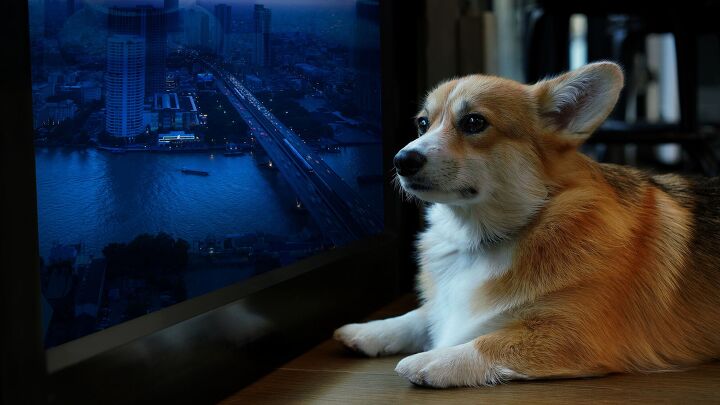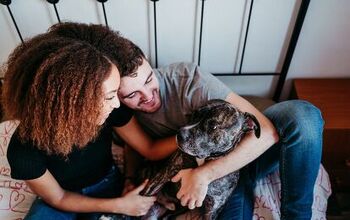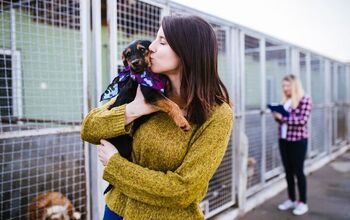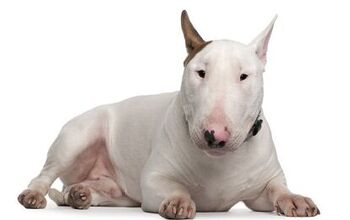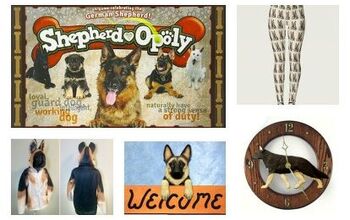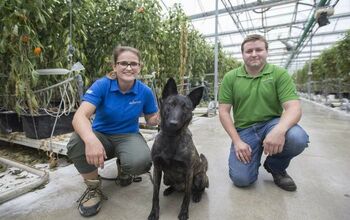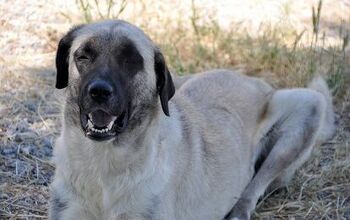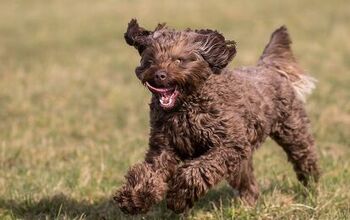Serial Killer or Blowing Leaf… Can Your Dog Really See in the Dark?

With Disney’s Haunted Mansion proving to be the sleeper hit of the summer and suspense-based serials showing a serious uptick on streaming channels, it's clear our nail-biting love affair with all things eerie, is here to stay.
So, when you’ve just settled in for a night of Zombieland and Rover suddenly growls and then fixates on something outside (in the dark) should it be cause for concern or is your imagination running wild? The truth is your dog may very well see something out there that you don’t.
Now before you think axe-wielding serial killer, know that whatever your pooch has picked up on could be as simple as a blowing leaf. You see, not only can your dog see in the dark, but his unique night vision capabilities are so sensitive, he’ll immediately go into red-hot alert the moment he senses even the slightest of motions.
You see, there are a few things working in his favor including the cones and rods in his retinas. Because humans have an ultra-high concentration of cones versus rods, we’re better able to pick up on finer details and differentiate between colors. The cones work best in daylight where we have optimal illumination.
Not so for our pooches who have just 10% of the number of cones we have. Their superior night-time vision comes from the rods which are what help the eye detect motion and discriminate between light and shadow – perfect for looking out into darkness. This also explains their ability to run around the backyard at night, without crashing into the lawn furniture.
But there’s more; consider those woeful puppy dog eyes he casts your way when angling for a treat. Those extra-large pupils of his are not only successful at winning us over but are also ideal for letting in additional light as he heads out for his evening walk.
Why does our pet’s ability to see in the dark even matter? For most dogs, their standard evening excursion includes a leashed walk or a quick backyard potty break. So, why is there so much research done into how well our dog can see in the night? As cited in the Journal of Vision, it’s because it allows us to breed and train dogs for specific, vision-dependent jobs. And their role can include tasks ranging from hunting and herding at dusk to acting as guide dogs to help the visually impaired navigate busy streets… often with minimal lighting.
So, the next time you sit down to a Netflix binge-fest with popcorn in one hand and Rover sitting shotgun, maybe check out the comedies or pull the drapes.

More by Mary Simpson
